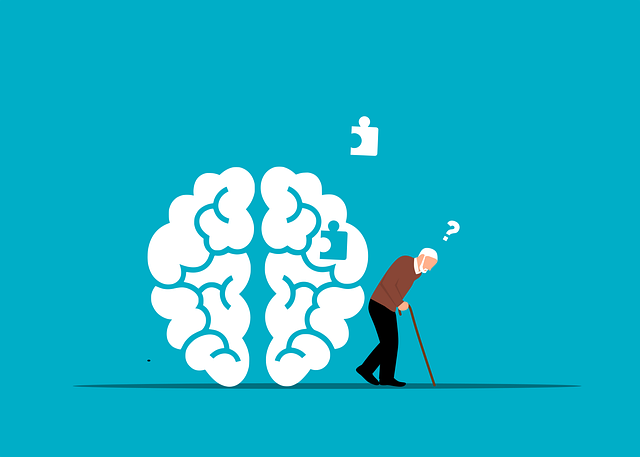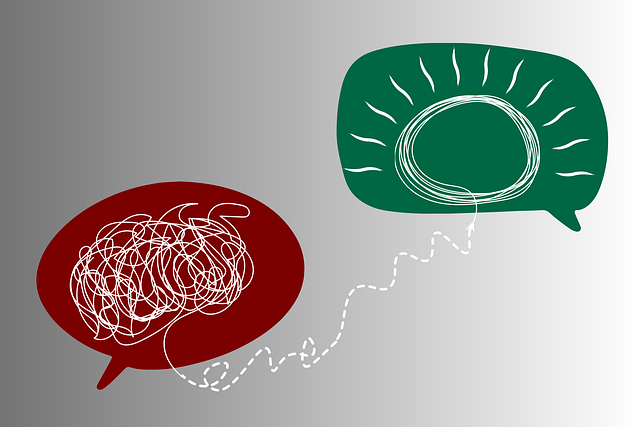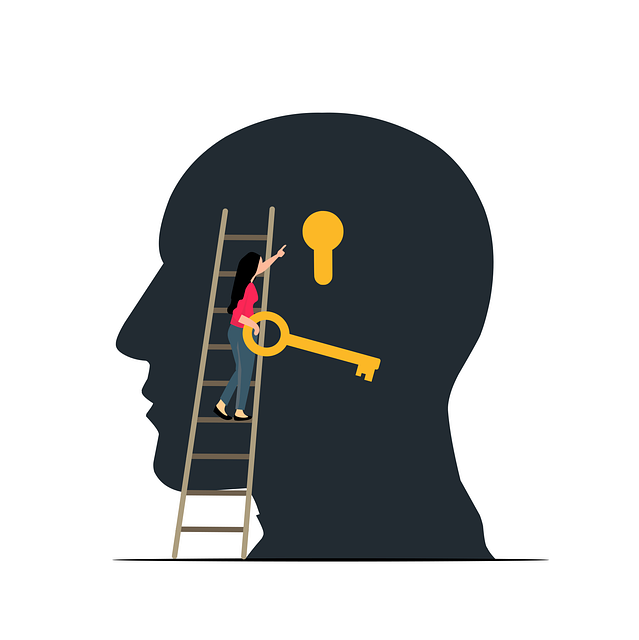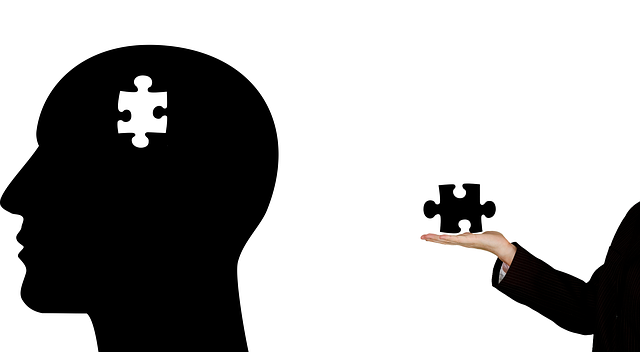Lone Tree Interpersonal Issues Therapy offers specialized Social Skills Training for individuals with mental health conditions, empowering them to navigate relationships effectively. Using evidence-based methods like active listening, nonverbal communication, and conflict resolution, this therapy helps clients manage anxiety, depression, and stigma, fostering meaningful connections and supportive environments. It complements traditional therapy and enhances healthcare provider cultural competency training, contributing to positive outcomes during crises.
Social skills training is a powerful tool for managing mental health conditions, offering individuals strategies to navigate interpersonal interactions with confidence. This article explores the benefits of such training, focusing on the role of Lone Tree Interpersonal Issues Therapy in fostering meaningful connections and improving well-being. We’ll delve into practical techniques that can help those facing social challenges, providing insights into enhancing communication skills and overall mental resilience.
- Understanding Social Skills Training for Mental Health Conditions
- The Role of Lone Tree Interpersonal Issues Therapy in Overcoming Challenges
- Practical Strategies for Enhancing Interpersonal Interactions and Well-being
Understanding Social Skills Training for Mental Health Conditions

Social Skills Training for Mental Health Conditions plays a pivotal role in empowering individuals to navigate their interpersonal relationships effectively. At Lone Tree Interpersonal Issues Therapy, we understand that mental wellness is intricately linked to one’s ability to connect, communicate, and build empathy with others. Many mental illnesses come with inherent social challenges, often exacerbated by the stigma surrounding them. Our tailored programs focus on identifying and addressing these unique barriers.
Through evidence-based methods, we teach essential skills like active listening, nonverbal communication, and conflict resolution. These tools not only foster meaningful connections but also serve as powerful strategies for managing symptoms of anxiety, depression, and other mental health conditions. Additionally, our approach incorporates stigma reduction efforts, encouraging empathy building strategies among participants to create a supportive environment where understanding and acceptance thrive.
The Role of Lone Tree Interpersonal Issues Therapy in Overcoming Challenges

Lone Tree Interpersonal Issues Therapy plays a pivotal role in addressing and overcoming interpersonal challenges that often accompany mental health conditions. This therapeutic approach recognizes the intricate link between one’s ability to connect, communicate, and relate to others, and their overall mental well-being. By focusing on improving interpersonal skills, individuals equipped with this therapy gain valuable tools to navigate social interactions, fostering a sense of belonging and support.
In today’s world, where Mental Health Awareness has gained significant traction, Lone Tree Interpersonal Issues Therapy contributes to the broader goal of enhancing Healthcare Provider Cultural Competency Training. This is especially crucial during crises, where effective Crisis Intervention Guidance can make a substantial difference. Through tailored interventions, this therapy empowers individuals to build and maintain healthy relationships, leading to improved coping strategies and enhanced recovery journeys.
Practical Strategies for Enhancing Interpersonal Interactions and Well-being

Social skills training plays a pivotal role in addressing Lone Tree interpersonal issues therapy. Through targeted exercises and role-playing scenarios, individuals can learn effective communication techniques, develop active listening skills, and enhance their ability to read social cues—all vital components for fostering meaningful connections. This process not only improves their overall well-being but also empowers them to navigate social situations with more confidence.
Practical strategies such as practicing empathy, setting healthy boundaries, and adopting stress management techniques like mindfulness can significantly contribute to positive interpersonal interactions. Moreover, community outreach program implementation, including trauma support services, can create safe spaces where individuals feel supported and encouraged to build and maintain healthy relationships. These initiatives complement traditional therapy by fostering a sense of belonging and enhancing social integration.
Social skills training, as exemplified by Lone Tree Interpersonal Issues Therapy, plays a pivotal role in managing mental health conditions by empowering individuals with the tools to navigate interpersonal interactions effectively. By combining theoretical understanding with practical strategies, this approach enhances well-being and fosters healthier relationships. Incorporating such therapies into holistic treatment plans can significantly improve outcomes for those dealing with various mental health challenges.














